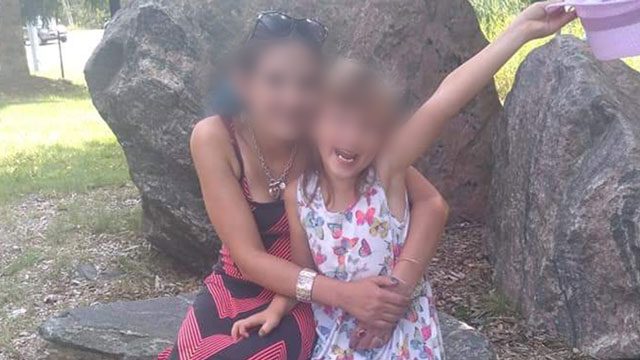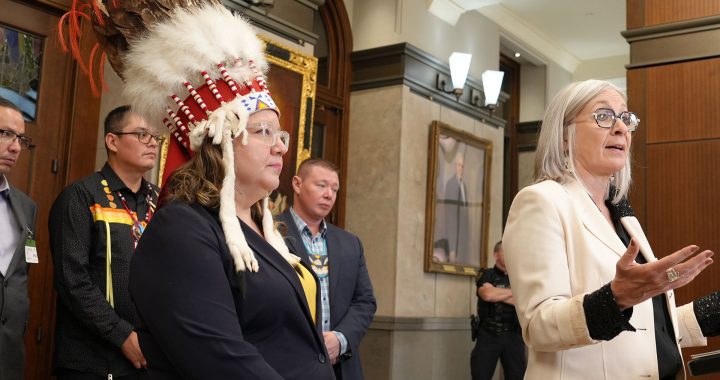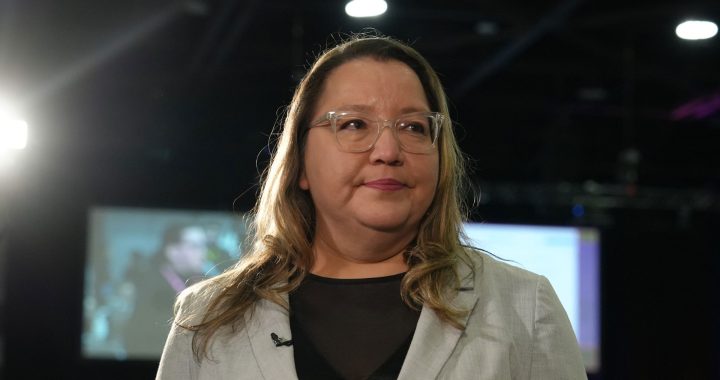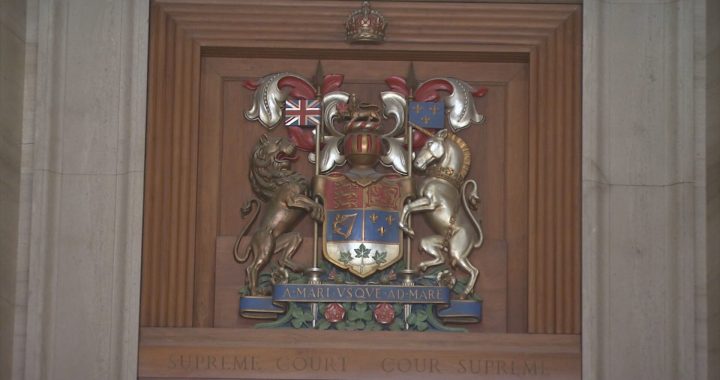The Ford government has been allowing Ontario foster homes to be inspected over the phone, increase in size and require less documentation, like health records, for more than a month.
The amendments to the Child, Youth and Family Services Act went into effect May 8 and will remain in place while the province is in a state of emergency due to the COVID-19 pandemic.
But APTN News recently obtained documents related to amendments and had them reviewed by David Miller, a long-time child protection lawyer in Toronto.
“Every change involved in these amendments serves to make foster homes and group homes less safe for our most vulnerable children and youth,” said Miller, adding these homes will be “busier, more chaotic … and with reduced government oversight.”
That’s particularly the case with in-home inspections and/or annual reviews, which can be now done by video or the telephone. Annual reviews, which make sure a child’s care is being met, can also be delayed for three months.
There are now fewer requirements for foster parents and group home staff, as well.
They can hire staff and recruit foster parents with less stringent requirements, such as no health assessments.
There’s also concern over police background checks. On March 25 the province asked all service providers “to refrain from requesting new police record checks unless deemed essential to meet immediate need,” according to a government “fact sheet” on the amendments.
“The ministry is also recommending that all non-essential checks [e.g. new board members whose services are not immediately necessary, etc.] to be deferred at this time,” the province said in the fact sheet.
Board members oversee child welfare agencies, otherwise known as children’s aid societies or Indigenous wellbeing societies in Ontario.
Miller said when the COVID-19 pandemic started, some foster parents and group home operators didn’t want to keep the children they already had or take on additional children due to virus risks.
“In order to find placements, children’s aid societies needed the rules that ensured quality of care to be loosened,” he said.
He also noticed that while the amendments relate to the pandemic, there’s nothing to protect children and youth from the virus.
“There is no requirement in these amendments that foster homes or group homes follow government or public health COVID-19 protocol,” he said. “It’s left up to the individual foster home or group home to decide how to manage the pandemic, with no mandatory oversight.”
As of June 8, agencies have reported that 10 children and youth in residential settings (not including youth justice facilities) have tested positive for COVID-19, according the ministry of children, community and social services. Of these 10 cases, eight have recovered.
The ministry said it also has been “notified” of 22 employees in foster or groups testing positive for COVID-19. Twelve have recovered.
The ministry is not aware of how many tests have been completed, as it doesn’t track that, but said 98 COVID-19 tests been done in youth justice facilities.
“We are not aware of any young people in youth justice facilities who have tested positive for COVID-19. Three members of staff in youth justice facilities have tested positive for COVID-19. All three have recovered,” said Trell Huether, a ministry spokesperson.
The ministry also doesn’t track confirmed cases among young people, between 18-21, receiving extended care benefits, however is aware of one young person diagnosed with the virus.
“We have not been notified of any deaths associated with COVID-19 among children, young people or staff in residential settings, including youth justice facilities,” said Huether.
Other issues during the pandemic involve parents not able to see their children who have been removed from their home and placed in foster or group homes.
Agencies have consistently convinced judges it’s not safe to provide supervised visits during the pandemic. APTN first wrote about this on April 13 when three mothers were denied access to the children.

Dnaagdawenmag Binnoojiiyag Child and Family Services convinced a judge it was not safe for its workers to allow a mother see her child despite being so close to getting her child back.
“The Mother’s progress is so impressive that under normal circumstances, the court would have no difficulty ordering overnight weekend access. However, the court cannot overlook the fact that it is in the best interests of the children in the Agency’s care that the Agency comply with all COVID-19 considerations and precautions,” wrote Justice Sonya Jain in the March 30 decision.
Days after that story came out the agency returned the daughter to her mother under a six-month supervision order.
It’s not clear what changed so quickly.
But the mother doesn’t care.
“It’s been a long, hard road with many tears,” the mother told APTN days after learning her daughter was coming home. “I will never take being a mother for granted again.”
More than a month later she said everyone is doing well.
“It’s been wonderful having her home,” she said.
In the case of the parents of the six-month-old, reported in the story, they were also told it was unsafe to for them to see their child due to the pandemic by Children’s Aid Society of Toronto.
The family appealed the decision that has included the Canadian Civil Liberties Association being granted intervenor status in the case.
“After the motion for leave to intervene, the parents are now getting five hours of access twice per week. Two weeks ago they were getting zero hours of access,” said Tammy Law, one of the lawyers representing the family.
“It is mystifying what, if anything, has changed. The parents are still engaging in the same social distancing practices they were doing three months ago. The child protection concerns are still the same. So it would seem to them that they were denied access for three months for no reason.”
Law said the appeal is still moving ahead with the Ontario Association of Child Protection Lawyers also seeking to be an intervenor.












